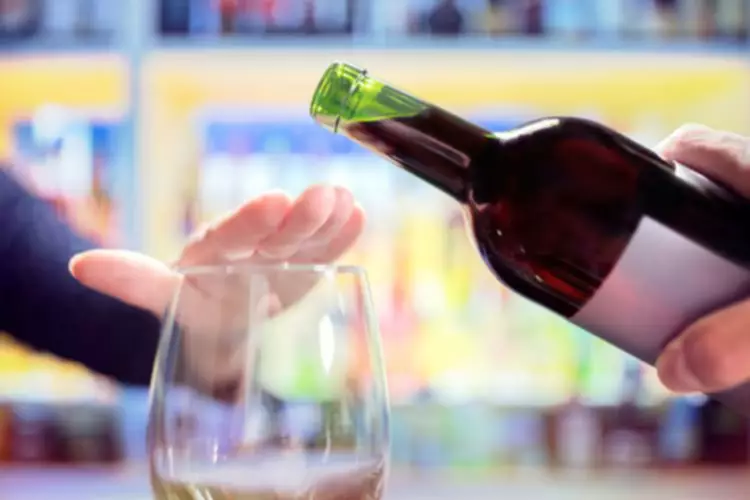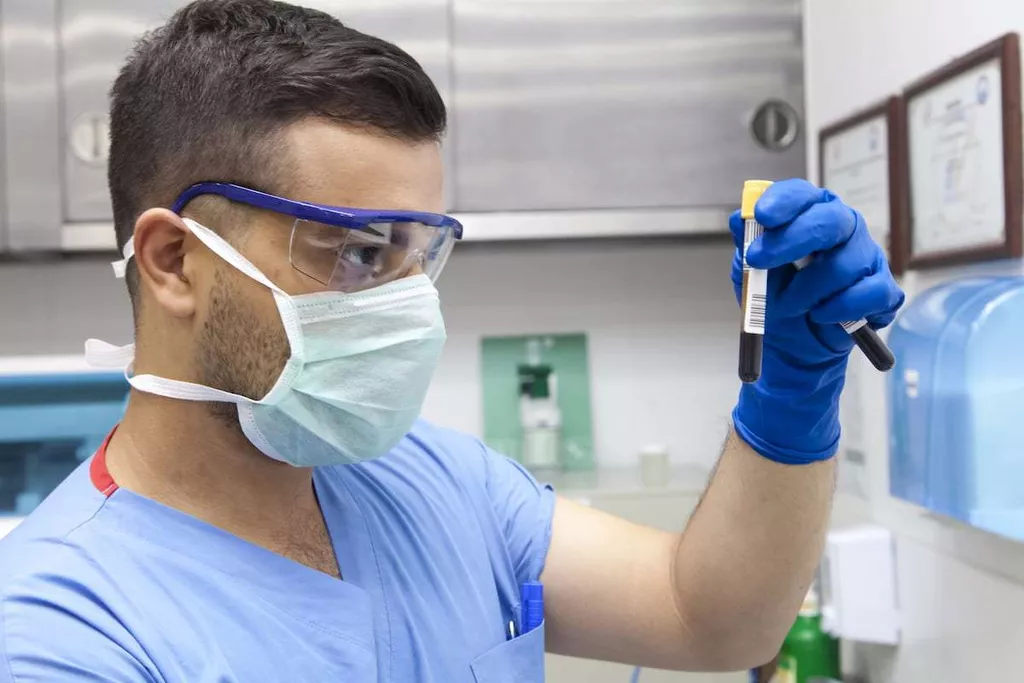Can You Drink Alcohol While Taking Benadryl?

They can provide specific guidance based on your individual circumstances and medications. To understand the relationship between alcohol and blood thinning, it’s essential to explore the effects of alcohol on the blood. While alcohol is not a direct blood thinner, it can influence certain aspects of blood function, including platelet function and clotting factors. Combining warfarin with alcohol can lead to increased bleeding risks and affect the medication’s efficiency. Warfarin requires careful monitoring, and adding alcohol into the mix can make it harder to maintain the correct dosage. It is generally recommended to limit alcohol consumption and always consult a healthcare provider for personalized advice.

Understanding the Differences: Paroxysmal vs Persistent AFib Impacts and Treatments
- You may need a dose adjustment in addition to testing of your prothrombin time (PT) or International Normalized Ratio (INR).
- Blood thinners are broadly categorized into anticoagulants and antiplatelets.
- Learn about common triggers, symptoms to watch for, and effective strategies for effectively managing this unpredictable heart condition.
Even minor injuries or cuts may result in prolonged bleeding, potentially leading to more serious complications. When combining Ativan with blood thinners and alcohol, there are serious risks that need to be considered. It’s important to ativan watch for symptoms healing, as the combination can increase the risk of excessive sedation, dizziness, and impaired coordination. When combining blood thinners with alcohol, it’s essential to watch for signs of increased bleeding. Symptoms may include unusual bruising, prolonged bleeding from cuts, blood in the urine or stools, and severe headaches or dizziness. The use of blood thinners such as Eliquis in groups of patients who have a higher risk of bleeding due to heart disease or heart conditions, risk of stroke, and high blood pressure is common.

How does Eliquis work?

Additionally, chronic alcohol consumption can lead to changes in the body’s ability to regulate blood clotting. Prolonged alcohol abuse may disrupt the delicate balance of the coagulation system, potentially increasing the risk of bleeding or blood clotting disorders. Understanding how your body responds to alcohol is crucial, especially if you have a history of alcohol addiction or if you are at risk for blood clotting issues.
- However, it’s important to note that the effect is relatively minor and should not be relied upon as a substitute for prescribed anticoagulant medications.
- New research has found that moderate consumption, meaning one or two drinks per day, can decrease cardiovascular disease risk.
- Caffeine can affect the metabolism of certain blood thinners, such as warfarin, potentially altering their effectiveness.
Types and Common Blood Thinners

Alcohol consumption can also have an impact on the effectiveness of certain blood thinners. For example, excessive alcohol intake may interfere with the metabolism of warfarin, potentially leading to either decreased effectiveness or increased risk of bleeding. It is crucial to consult with a healthcare provider to understand the potential interactions between alcohol and alcoholism treatment specific blood thinners.
Switching from Eliquis to Xarelto
Addiction Resource is not a healthcare provider, nor does it claim to offer sound medical advice to anyone. Addiction Resource does not favor or support any specific recovery center, nor do we claim to ensure the quality, validity, or effectiveness of any particular treatment center. No one should assume the information provided on Addiction Resource as authoritative and should always defer to the advice and care provided by a medical doctor. It’s advisable to avoid heavy and binge drinking while taking Eliquis, as it can increase the risk of bleeding. Limit alcohol consumption to no more than 14 units per week to minimize potential complications.
This can lead to an increased risk of internal bleeding, including in the stomach and intestines, as well as in rare cases such as intracranial hemorrhage. Moderate drinking is typically described as consuming no more than 3-4 drinks per day for men and no more than 2-3 drinks per day for women. Conversely, heavy blood thinners and alcohol drinking is characterized by consuming 5 or more drinks on any day for men, or 4 or more drinks on any day for women. Eliquis inhibits factor Xa, a pivotal enzyme in the clotting cascade, thereby reducing the likelihood of clot formation. This inhibition disrupts the propagation phase of the coagulation cascade, thereby decreasing the ability to form blood clots. If you’re on Eliquis, you might ponder the safety of having an occasional alcoholic drink.
How Addiction Influences Risky Decision-Making

Eliquis contains the active ingredient apixaban, an anticoagulant medicine that prevents blood clots from forming. It blocks the clotting factor called factor Xa which prevents clots from forming i.e. decreases blood clot production. Clots can be stopped from forming and getting larger, however, apixaban can not break up clots that are already there. At Orlando Recovery Center Drug and Alcohol Rehab, we offer many alcohol addiction treatment options led by trained medical professionals. Our levels of care include medical detox, inpatient rehabilitation and intensive outpatient programs (IOPs). No matter where you are in your recovery journey, our team will be there every step of the way.





